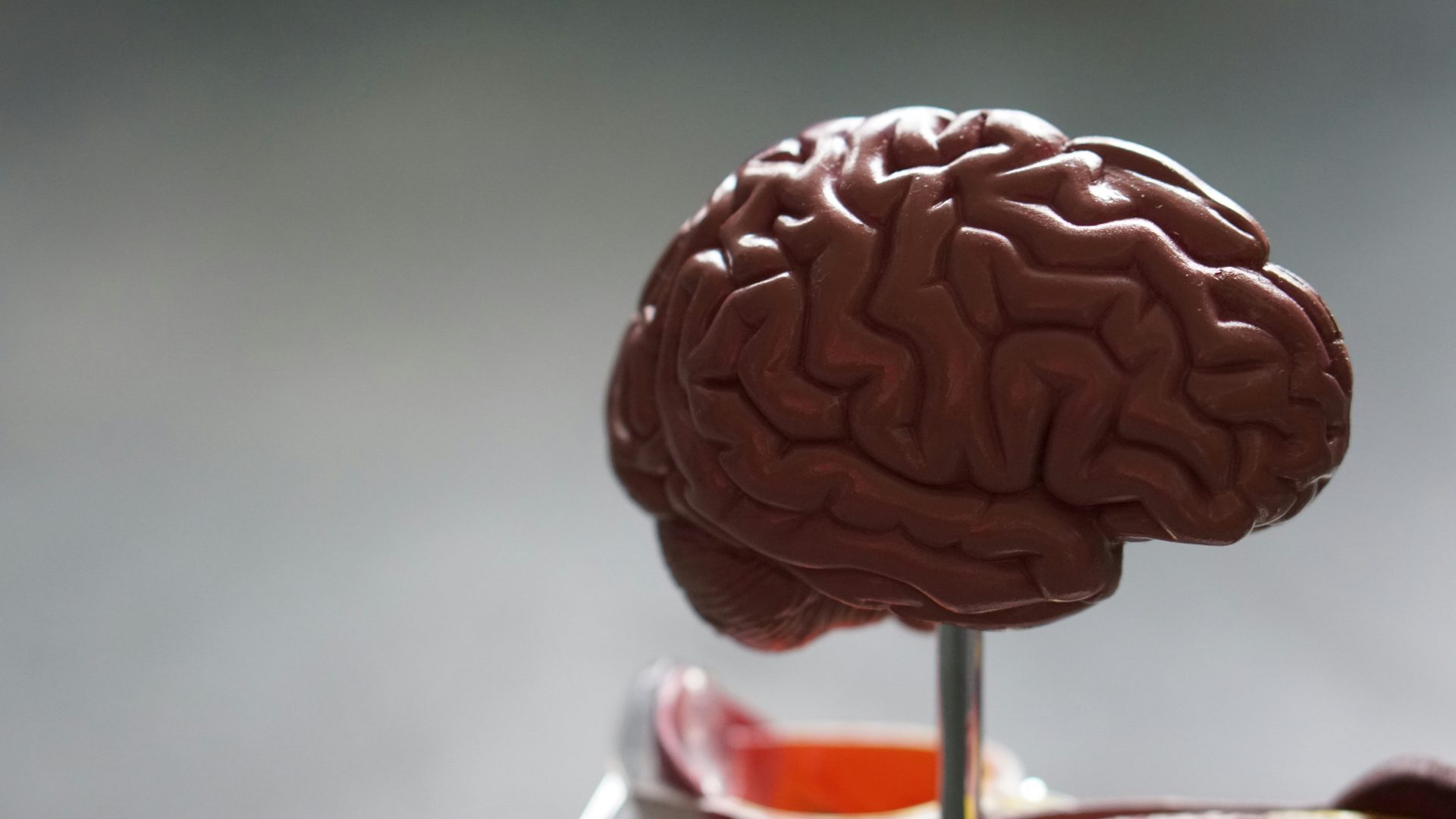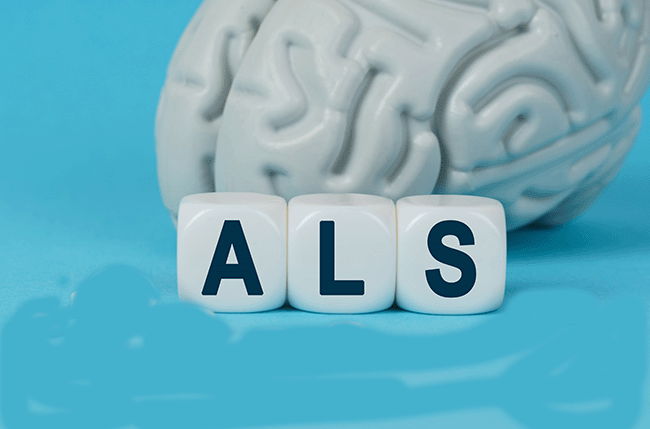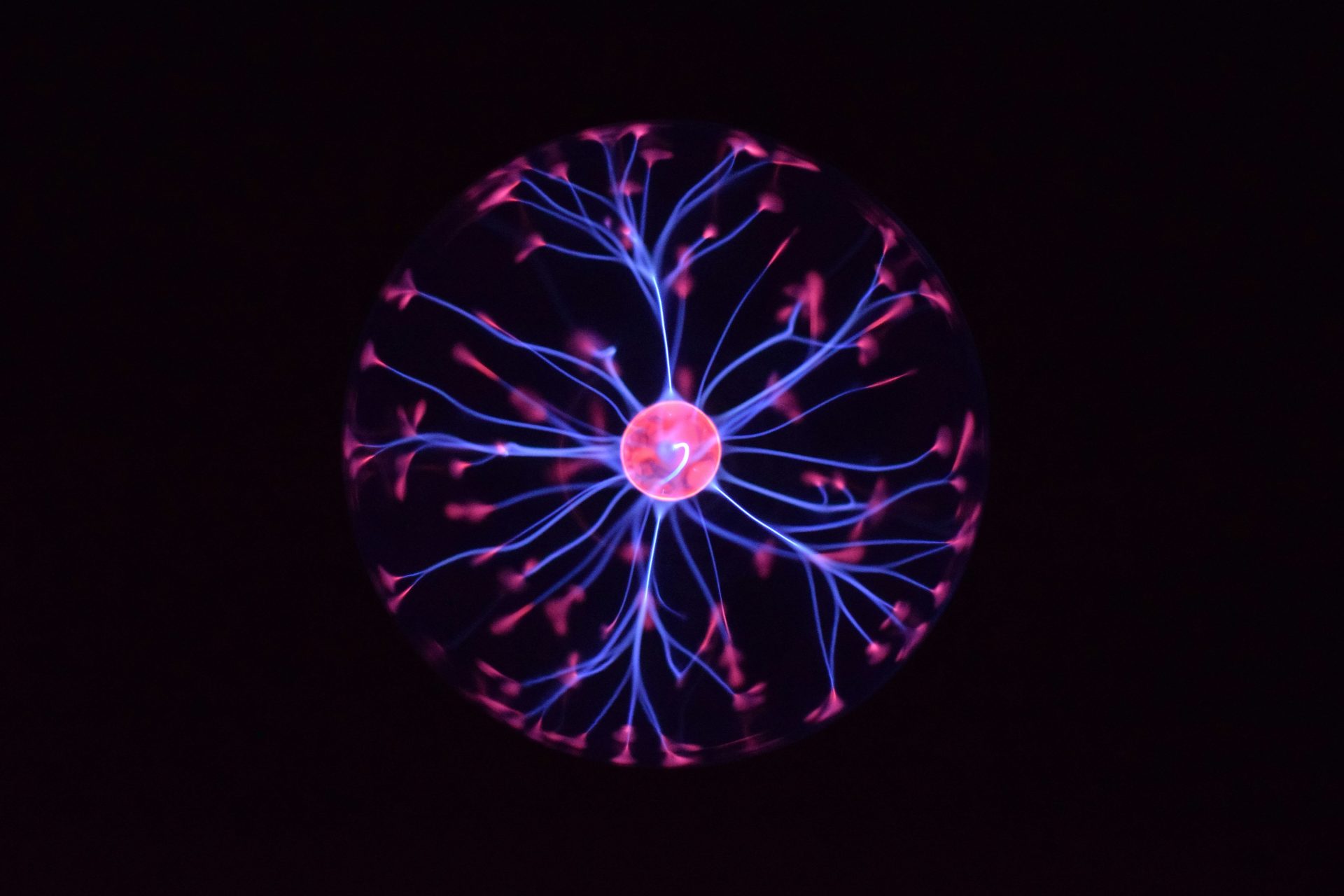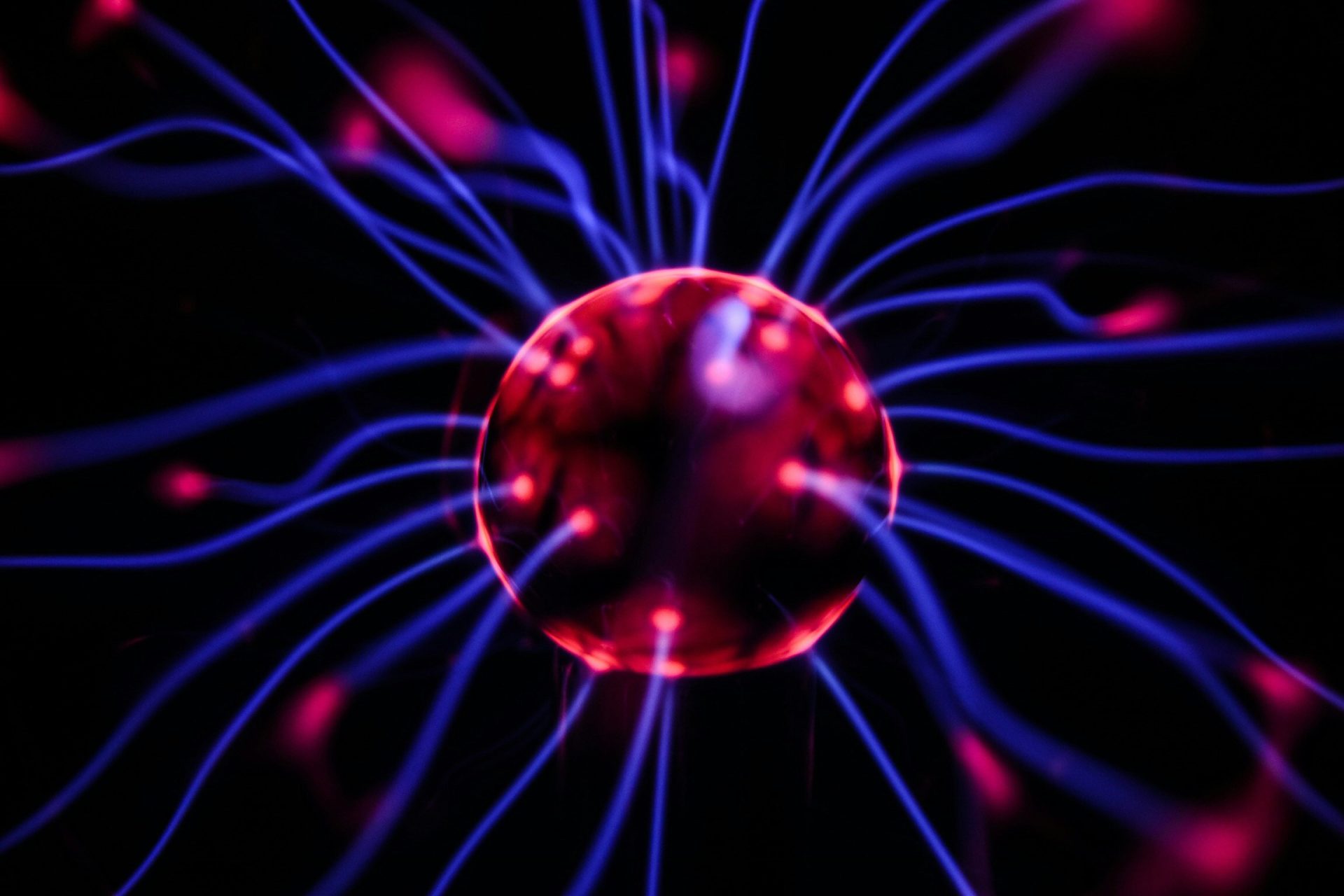
QUALIFYING CONDITIONS

Do You Qualify For Medical Cannabis Therapy?
Many Texans are finding relief from their symptoms and side effects due to chronic and severe illnesses. Texas has passed into law the use of Medical Cannabis Therapy for the following qualifying conditions.
Qualifying Conditions
Here is the list of qualifying conditions that are currently approved for Medical Cannabis Therapy in the State of Texas. If you are experiencing side effects related to one of these conditions, you are eligible for Medical Cannabis Therapy. Click on the condition to learn more about the benefits medical cannabis offers.



Unveiling Hope: Medical Cannabis In The Fight Against Alzheimer’s Disease
Alzheimer’s is a type of dementia that affects memory, thinking, and behavior. Symptoms eventually grow severe enough to interfere with daily tasks. Alzheimer’s is not a normal part of aging. The greatest known risk factor is increasing age, and the majority of people with Alzheimer’s are 65 and older. People with younger-onset Alzheimer’s can be in the early, middle, or late stage of the disease.
When the brain’s immune cells fail to clear blockages associated with Alzheimer’s disease, the result is an inflammatory response. When inflammation happens in the brain, oxygen is released as a result. The greater the inflammation, the greater the negative impact. Important brain functions such as memory are decreased as more oxygen is released in the brain’s cells.

Medical Cannabis Alleviates Symptoms Of ALS/Lou Gehrig’s Disease
Amyotrophic Lateral Sclerosis (ALS) or Lou Gehrig’s disease is a neurodegenerative disease that progressively affects the neurons in your brain and spinal cord. ALS is often called Lou Gehrig’s disease after the baseball player who was diagnosed with it. These neurons are responsible for sending messages from your brain and spinal cord to voluntary muscles, like the muscles in your arms and legs.
ALS often begins with muscle twitching and weakness in a limb or slurred speech. Eventually, ALS affects control of the muscles needed to move, speak, eat, and breathe. There is no cure for this fatal disease. There are two types of ALS, sporadic and familial. The most common form of the disease accounts for 90% to 95% of all the cases in America. Anyone can be affected by this type of ALS. Familial ALS is estimated to be 5% to 10% of cases in the US, and this type of disease can be inherited.

Medical cannabis can improve an ALS patient’s quality of life. Many of the symptoms that ALS patients experience, such as muscle spasticity, are approved for medical cannabis treatment. The muscle stiffness or spasticity caused by ALS interferes with daily life. Research has shown that medical cannabis can help with muscle spasticity and make it easier to live your life. One of the symptoms associated with ALS is chronic pain, which can make living with the disorder overwhelming. Painkillers might work, but they can hurt your liver and have addictive properties.
Medical cannabis enhances the cannabinoids in your body that relieve pain. ALS patients can also experience a reduced appetite. Many people joke about medical cannabis causing the munchies. However, it can provide patients with the desire to eat. When combined with cognitive behavior therapy, medical cannabis can help people with eating disorders have a healthier outlook on food.


Exploring the Potential Of Medical Cannabis For Autism Spectrum Disorder (ASD)
Autism spectrum disorder (ASD) is a neurodevelopmental disability characterized by impairment in three major domains: social interaction, communication, and behavior patterns. It is called a spectrum disorder because it has a broad range of severity and symptom type. These usually appear within the first few years of life, although it can be diagnosed at any age. The ways in which people with autism learn, think, and problem-solve can range from highly skilled to severely challenged. Some people with ASD may require significant support in their daily lives, while others may need less support and, in some cases, live entirely independently. Several factors may influence the development of autism, and it is often accompanied by sensory sensitivities and medical issues such as gastrointestinal (GI) disorders, seizures, or sleep disorders, as well as mental health challenges such as anxiety, depression, and attention issues.

Easing The Journey: Medical Cannabis For Managing Cancer Symptoms
Research shows possible benefits medical cannabis can have on cancer symptoms and treatment side effects.
Nausea and vomiting. Studies have found that medical cannabis can ease these side effects of chemotherapy. The FDA has also approved dronabinol (Marinol, Syndros) and nabilone (Cesamet), man-made cannabinoids, to treat these symptoms when other nausea medications don’t work.
Pain. Some studies have found that medical cannabis can ease cancer-related pain. It binds to cannabinoid receptors in the brain and other parts of the body. Cannabis may also ease inflammation, which can also help with pain.
Nerve pain. Neuropathy is weakness, numbness, or pain caused by nerve damage. It can happen as a result of chemotherapy or other cancer treatments. A few studies have found that medical cannabis can help this specific type of nerve pain.
Appetite and weight loss. Dronabinol is FDA-approved for loss of appetite, but not specifically for cancer. There are some small studies that show medical cannabis may also help improve appetite for people with cancer.



Explore The Groundbreaking Potential Of Medical Cannabis In Managing And Reducing Seizures.
About one in every hundred people has epilepsy. Epileptic seizures can be described as an electrical storm in the brain. These storms typically begin at a single spot where nerve cells begin repeatedly firing together in synchrony. The hyperactivity often spreads from that one spot to other areas throughout the brain, causing symptoms such as loss of consciousness and convulsions. It’s typical for the person experiencing a seizure to need tens of minutes before becoming clearheaded again. The majority of epileptic seizures originate in the hippocampus, a brain structure buried in the temporal lobe, said Soltesz, the James R. Doty Professor of Neurosurgery and Neurosciences.

Empowering Hope: Medical Cannabis For Multiple Sclerosis Management
Many patients with multiple sclerosis suffer from spasticity, an uncomfortable and disabling condition in which the muscles become tight and difficult to control. While there are drugs to relieve spasticity, they can have adverse effects and do not always sufficiently improve the condition in some patients.



Nerve Renewal: Medical Cannabis For Neuropathy Relief
An estimated 20 million people in the United States suffer from neuropathic pain. Peripheral neuropathy is a complex, chronic state that occurs when nerve fibers are damaged, dysfunctional, or injured, sending incorrect signals to pain centers in the central nervous system. One of the most common causes of peripheral neuropathy in the U.S. is diabetes.
It is characterized by weakness, pain, and paresthesias that typically begin in the hands or feet and progress proximally. Symptoms depend on the number and types of nerves affected. In many cases, peripheral neuropathy is idiopathic, but common causes include diabetes, alcoholism, human immunodeficiency virus (HIV) infection, and autoimmune disease. Other causes include toxicity from chemotherapy and heavy metals.

Enhancing Quality Of Life: Medical Cannabis For Parkinson’s Dementia Care
Parkinson’s disease is a progressive nervous system disorder that affects movement. Symptoms start gradually, sometimes with a barely noticeable tremor in just one hand. Tremors are common, but the disorder also causes stiffness or slowing of movement. In the early stages of Parkinson’s disease, your face may show little or no expression. Your arms may not swing when you walk. Your speech may become soft or slurred. Parkinson’s disease symptoms worsen as your condition progresses over time.



Unlocking Relief: Medical Cannabis For PTSD Management
PTSD patients have been saying for years that cannabis helps with their condition. PTSD is a debilitating condition causes chronic problems like nightmares, panic attacks, hypervigilance, detachment from others, overwhelming emotions, and self-destructive behavior. In some cases, these overwhelming symptoms can even lead to suicide.
Previous research has shown that cannabis has the potential to reduce anxiety, or even prevent heightened anxiety in threatening situations. New findings states that THC modulates threat-related processing in trauma-exposed individuals with PTSD. Cannabis could help those with PTSD – by extinguishing the intensity associated with memories of their trauma.Cannabis stimulates CB1 – a receptor in the endocannabinoid system that control the area of extinction learning. Those with PTSD show impaired functioning of the endocannabinoid system – which may be why they are unable to go through the normal extinction learning process. Cannabis might be able to jump start this process – allowing those with PTSD to access extinction learning like their healthy counterparts, and curing the PTSD by helping them to move on from their trauma.
Discover The Benefits Of Medical Cannabis For Your Condition—Start Your Journey To Relief Today!
© 2024 GREENABISMD
